Finding boundaries
Sun Mingxi, a senior judge from the Beijing Internet Court, has followed the discussions about resurrected AI celebrities in recent weeks.
"This is indeed a new issue brought about by the development of the technology," Sun said.
She cited the Civil Code as a guide, noting that if the name, portrait, reputation, honor, privacy, body or other personality rights of a deceased person are damaged, the dead person's spouse, children, parents or other family members have the right to request those infringing upon the rights to bear civil liability.
The Civil Code provision allows the deceased's family, such as the parents, to initiate lawsuits because they may feel harmed by the infringement, she said.
Sun said for nonprofit purposes like artistic appreciation or to commemorate deceased ancestors, using publicly available portraits of dead people can be deemed as fair use. However, use for commercial purposes or to attract more online views both risk several rights infringements.
"It's essential to fully respect the deceased persons' pre-existing wishes, and to consider the legitimate interests and feelings of their family members such as spouses, parents and children, in the use of the portraits, as even without profits, public dissemination will also probably lead to infringement of privacy, reputation and other rights, or involve the spread of false information," she said.
Zheng, from the Communication University, said that using people's portraits without their permission to generate content through AI is illegal.
"In addition to civil lawsuits, the AI-generated content makers may also face administrative punishment in line with the Cybersecurity Law and cyberspace-related regulations," she added.
Zheng said the boundaries for the use of such technological applications should be maintained under the premise of ensuring the rule of law, protecting an individual's legitimate rights and setting ethical standards.
More to do
Digital "resurrection" through technology needs to be regulated and supervised, Zheng said, while suggesting the problem could be addressed by optimizing rules and strengthening industry self-regulation.
"The aim is to seek a balance between technological innovation and the protection of human dignity and values," she added.
Sun said as AI rapidly develops protection of the personality rights of the deceased is a big challenge, which calls for specific provisions under current laws.
Meanwhile, there is an urgent need to tighten supervision of data handling and service providers, with clear requirements set out for online platforms, Sun said.
"As technology continues to advance, AI may become a tool for everyone, giving each person the ability to 'resurrect' and 'create' a virtual person," she said. "Therefore, it's important for all of us to raise legal awareness to avoid using AI to infringe upon the legitimate rights of others, or even harm the public interest," she said.
China's current regulations on the application of AI have drawn basic boundaries for users of the technology and relevant service providers.
Measures issued by the Cyberspace Administration of China, the country's top internet regulator, for example, state that it is prohibited to use technologies such as AI to generate content that endangers national security, harms the national image, damages public interests, disrupts economic and social order or infringes upon people's personality rights and intellectual property rights.
Effective measures also must be taken in algorithm design, training data selection, model generation and optimization to prevent improper application of such technologies, with stronger protection for the rights of old and young people.








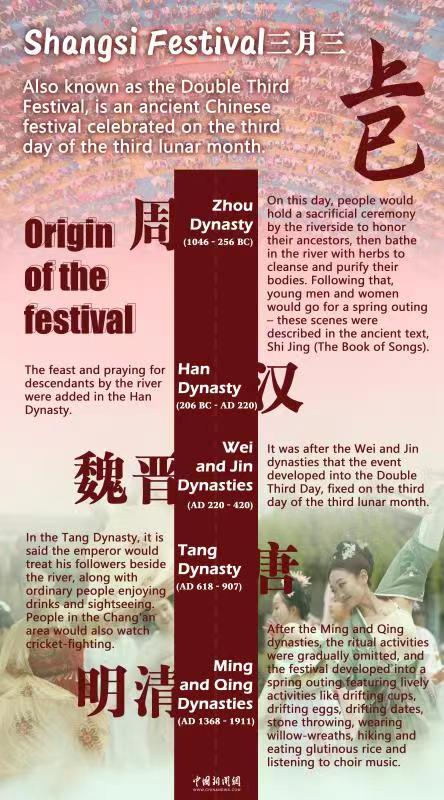

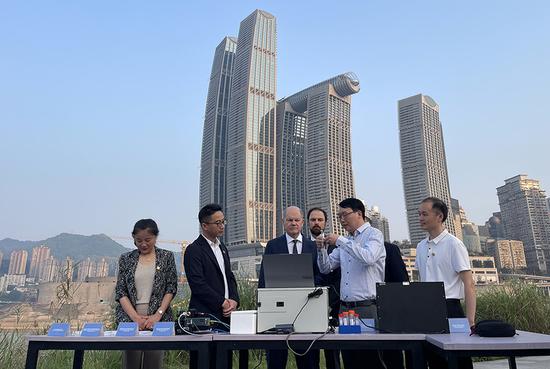


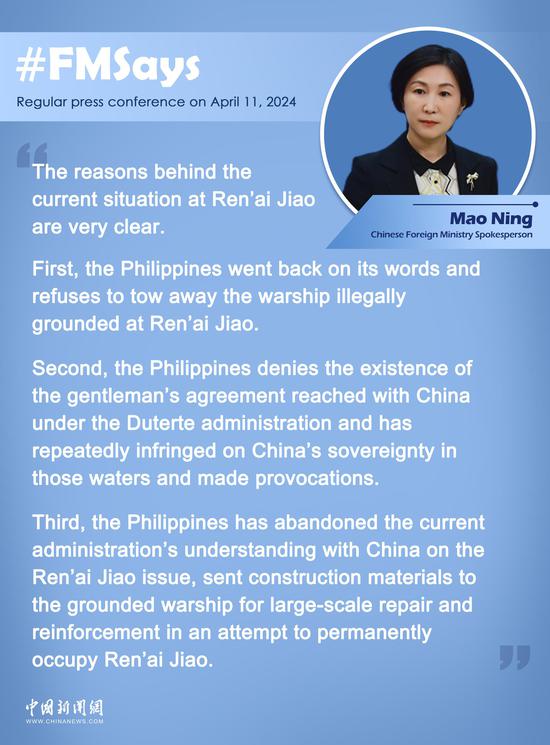
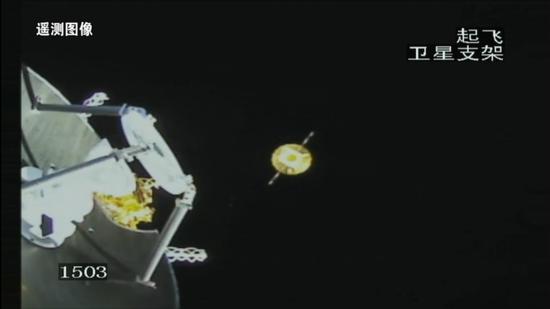

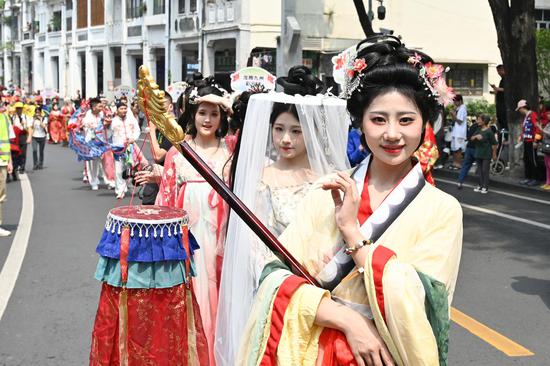





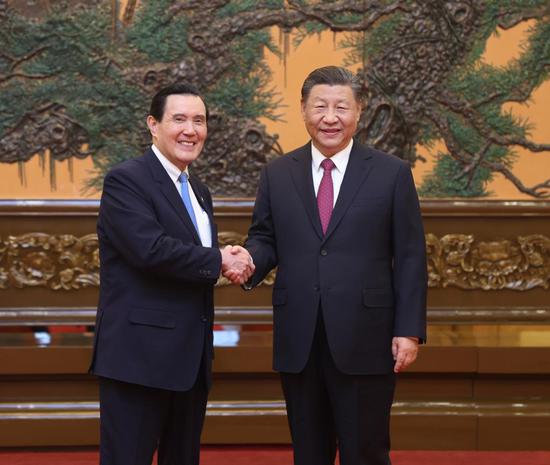

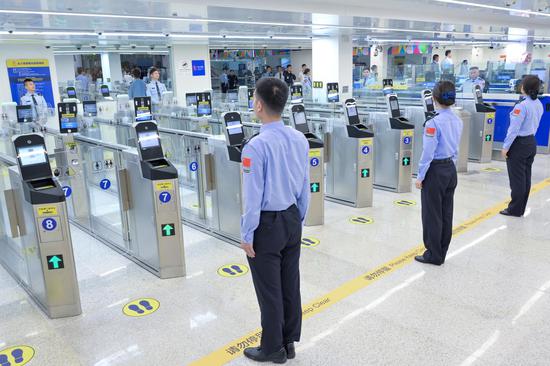






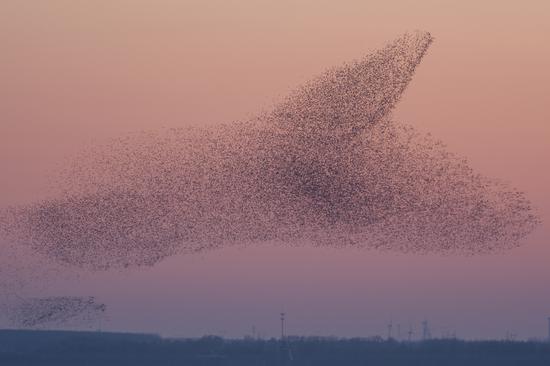
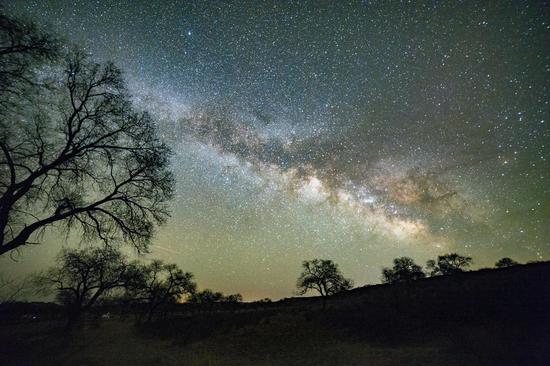



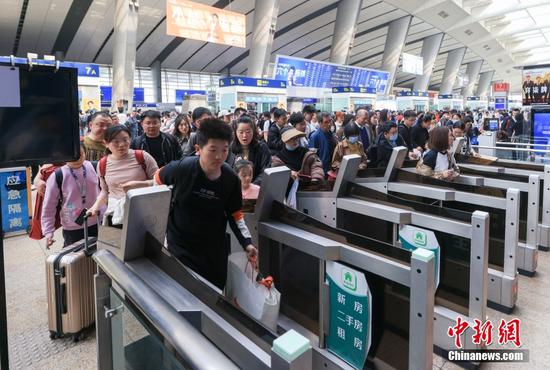
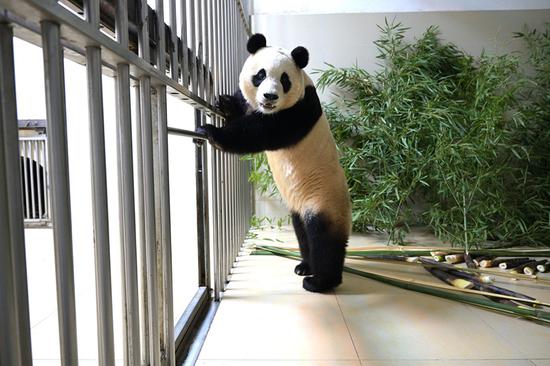


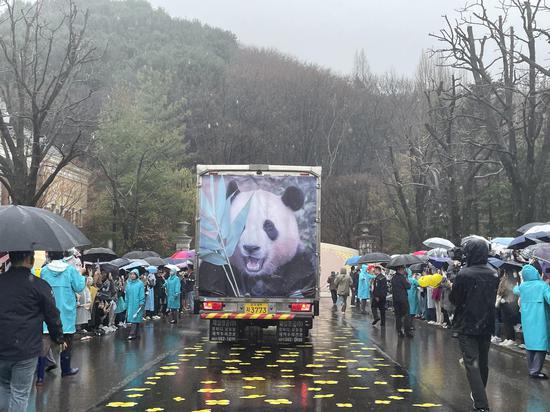
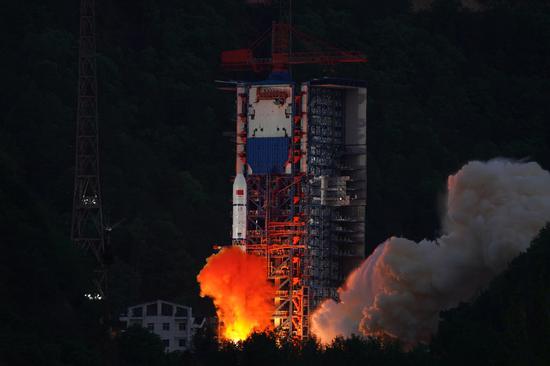

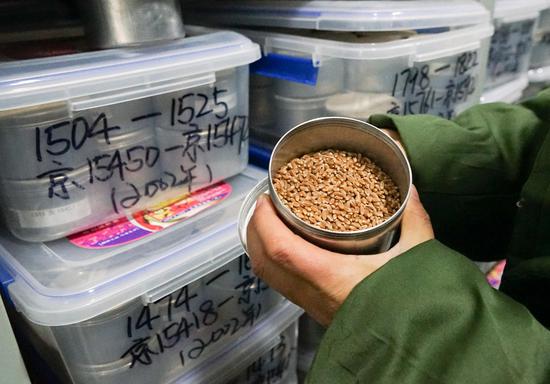
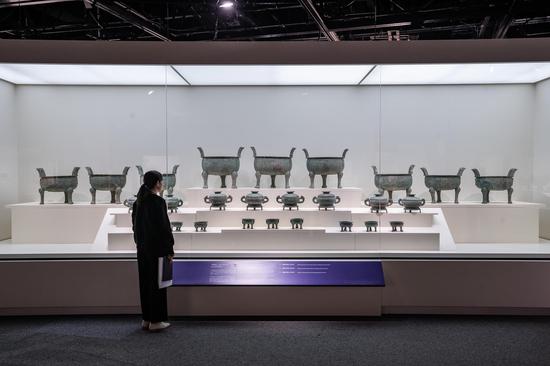





 京公网安备 11010202009201号
京公网安备 11010202009201号
